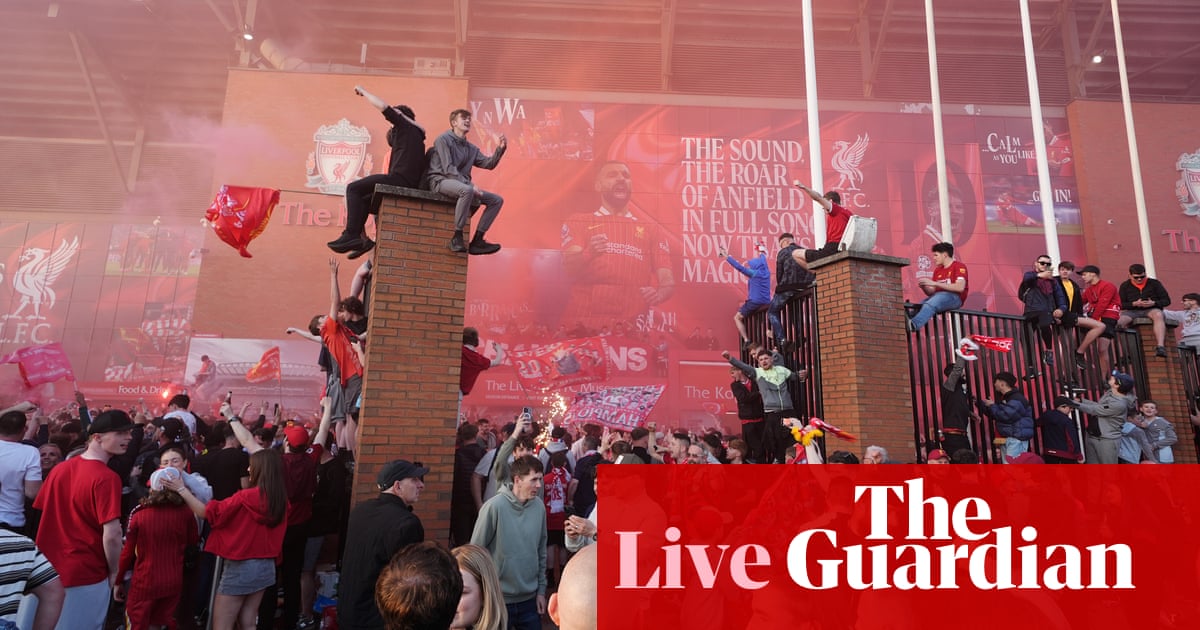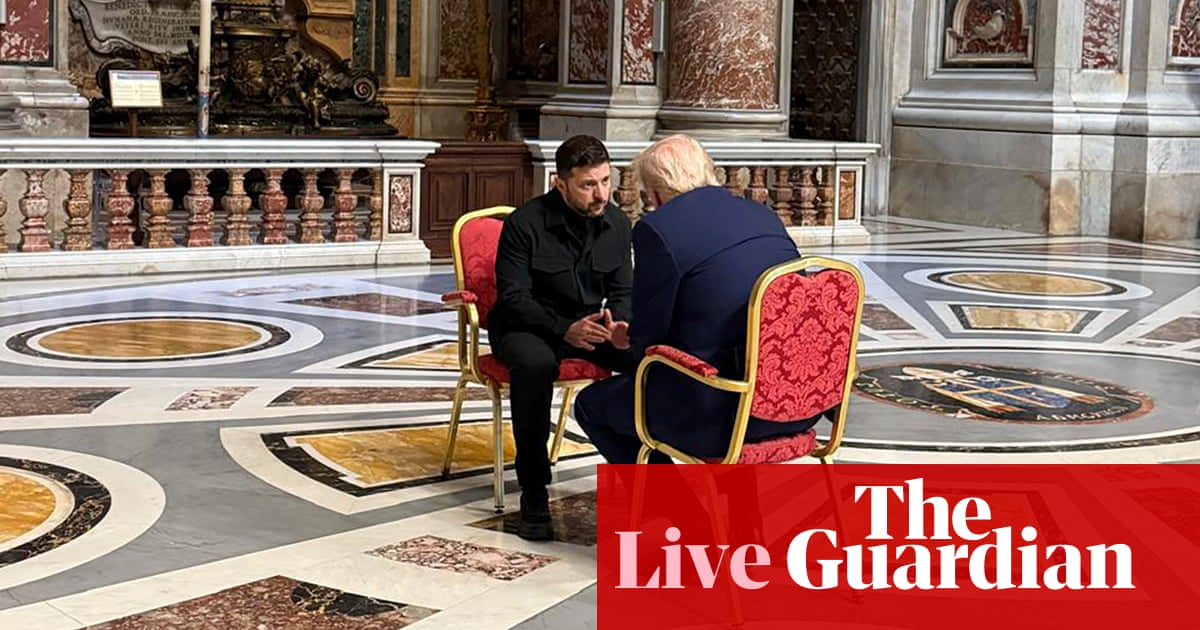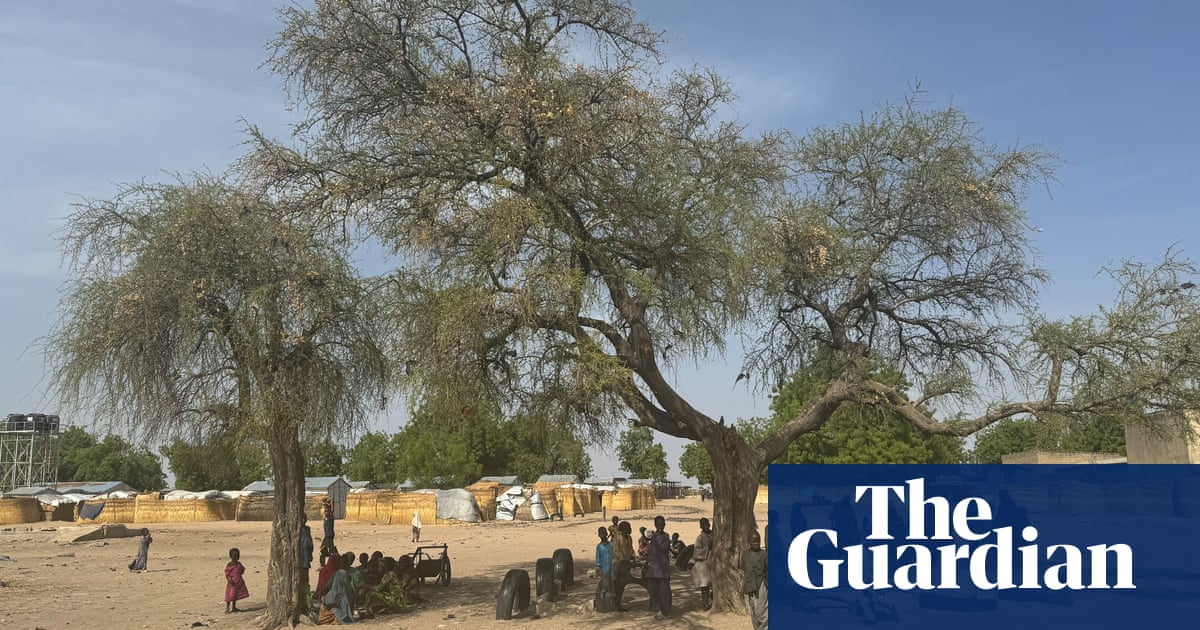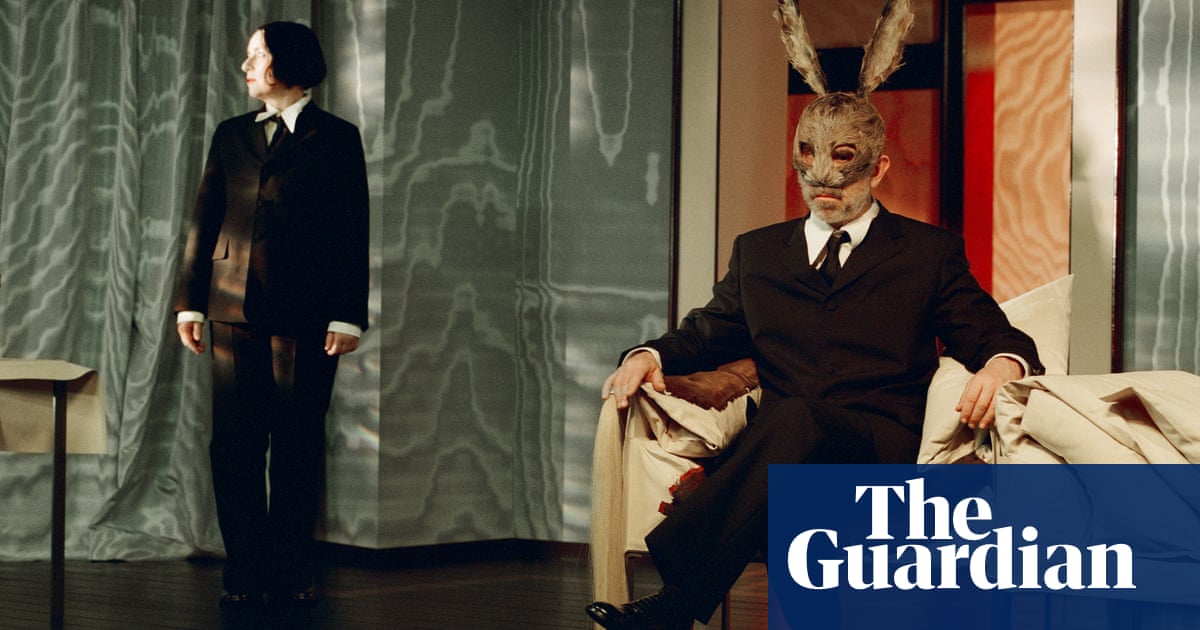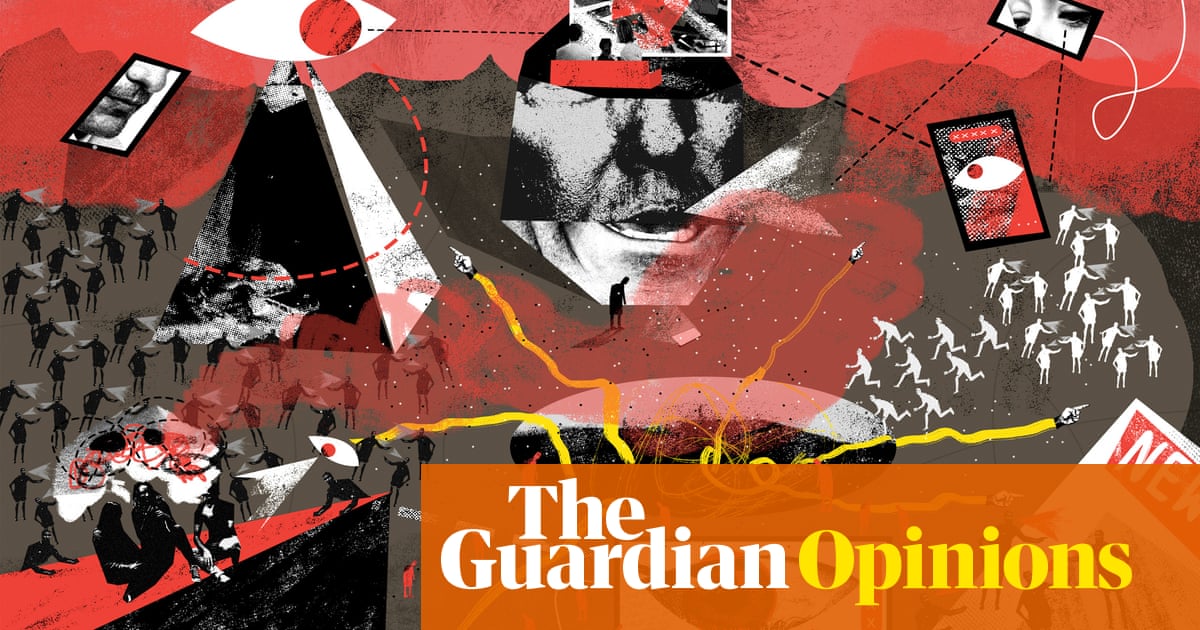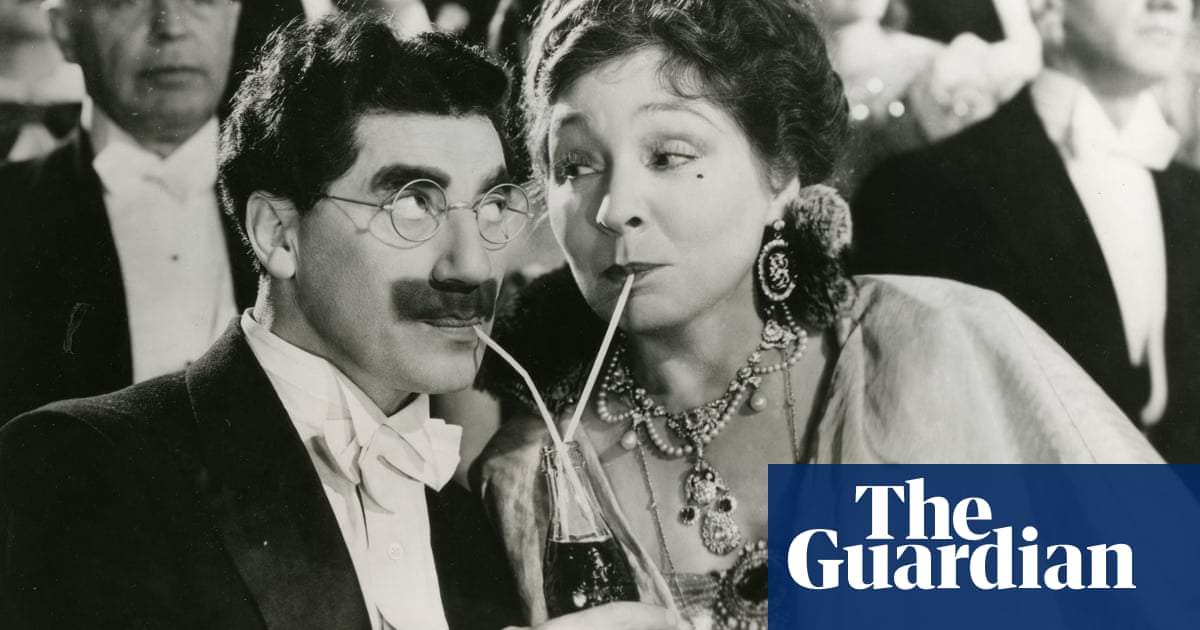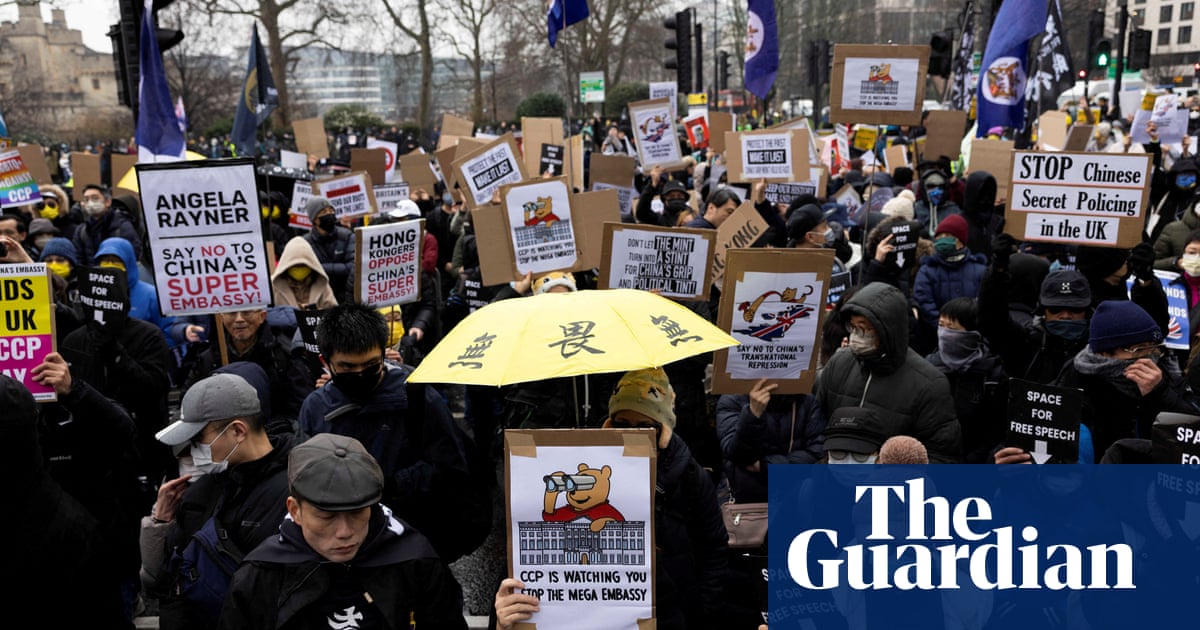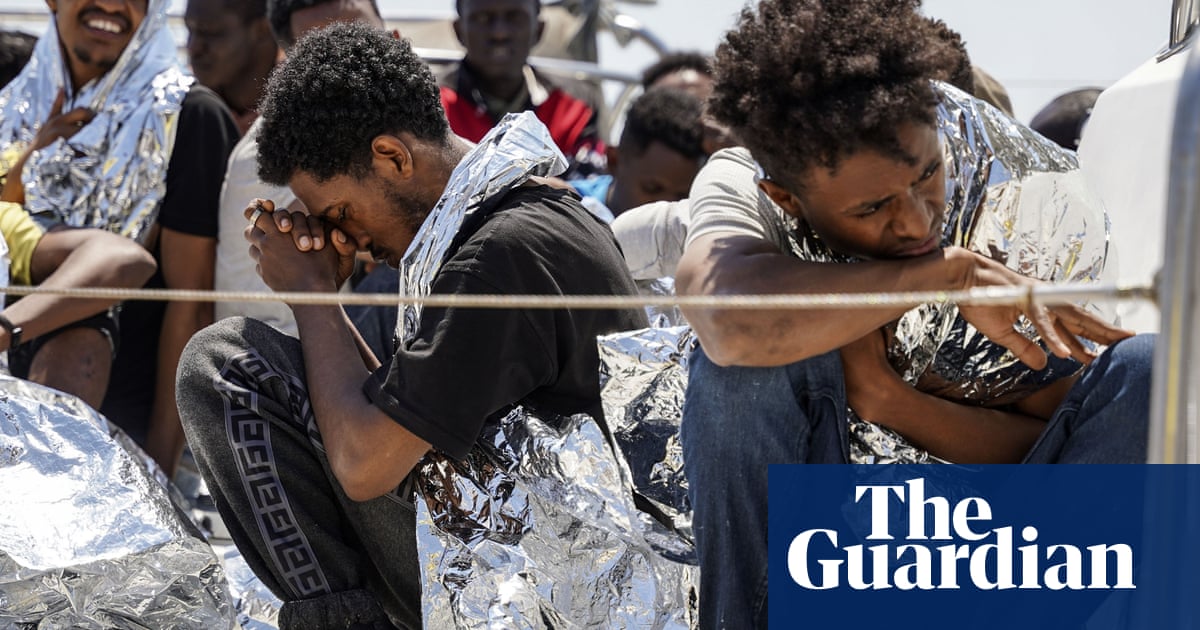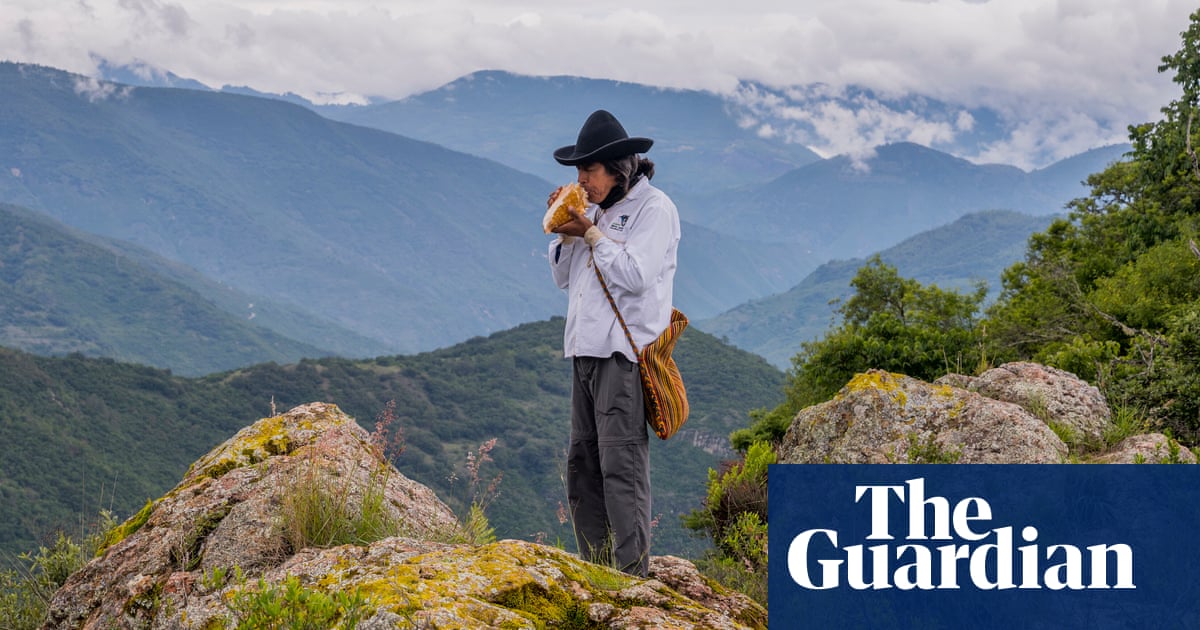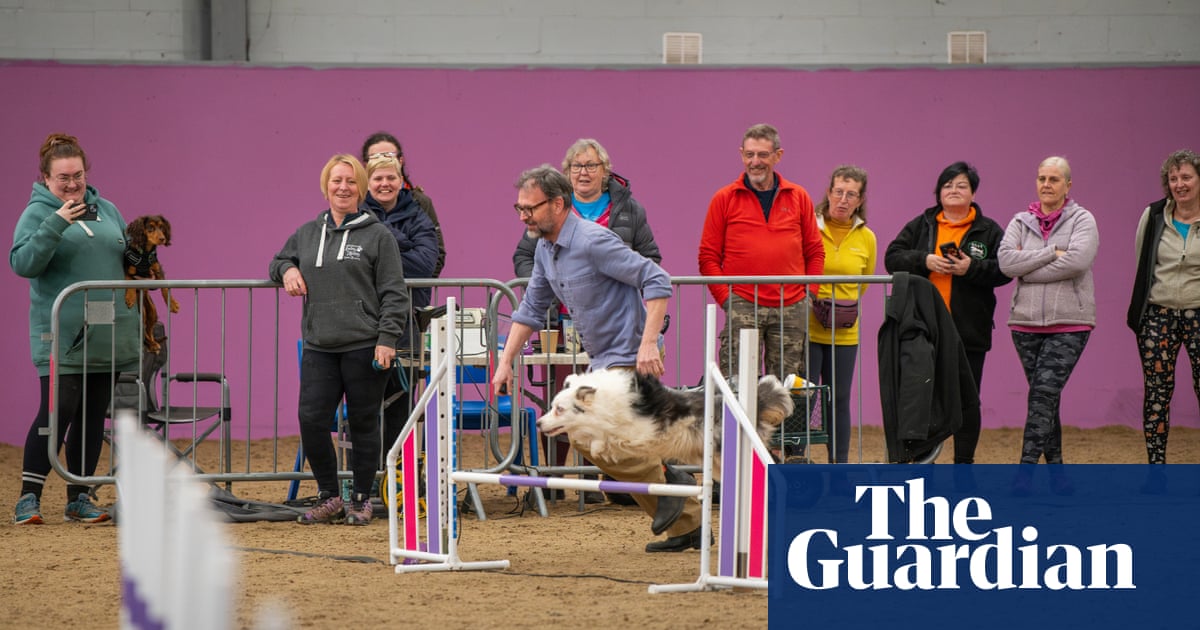Young people are rarely drawn into the far right purely by racist or ideological motivations; the reality is far more complex (Hatred of police not racism motivated children in English riots, report finds, 28 January). Factors such as personal grievances, vulnerabilities, social media influence, a search for identity and a desire to belong all play a role. However, once they become involved, racism, hatred and intolerance quickly become deeply ingrained.
It is important not to downplay the role of online disinformation, anti-immigrant sentiment, Islamophobia and racist views. Social media was flooded with images of children chanting racist and Islamophobic slogans, attacking those perceived to be Muslim, inciting community disorder and targeting mosques with violence. Downplaying this avoids the reality that the prevalent culture wars are feeding intolerance, hatred and prejudice towards anyone considered the other – in this case Muslims and immigrants.
Far-right movements and sympathisers are exploiting anti-establishment sentiment, anger towards the police, the lack of youth opportunities and disempowered young people. I agree with Rachel de Souza, the children’s commissioner for England, that young people should not be criminalised, but rehabilitated. However, to tackle the root causes of the riots, we need a deeper understanding of the far-right ecosystem.
My work has brought me into contact with former far-right sympathisers in the UK, North America and Europe, and it has led me to believe that, as a society, we have a responsibility to provide young people with the necessary interventions rather than vilify them. To tackle the many challenges facing them, we must reverse the systematic dismantling of youth provision. Only by empowering young people as active citizens can we begin to address the growing issues they face.
Mohammed Ali Amla
Trustee, The Faith & Belief Forum; youth and partnerships director, Solutions Not Sides
I am bewildered by the children’s commissioner’s conclusion, after her team interviewed 14 minors who took part in last August’s riots, that they were not motivated by the “prevailing narrative” of racism, but by anti-police feelings. Is it really a matter of dismantling prevailing narratives when 286 of the 1,804 people arrested in relation to the riots were minors? Is this meant to delude us into thinking that younger generations are growing up free from racial prejudice, unscathed by the Trump era of online misinformation?
Any sigh of relief here would make us forget that racism is a systemic issue and that misinformation and fake news cause very real damage. The riots prove it: while people peacefully congregated to support the victims and families of the Southport attack, another portion of Britain jumped off the unfounded claim that the attacker was a Muslim asylum seeker to give vent to anti-immigration, Islamophobic and racist views.
I must let my bewilderment loose, because only then can I recognise that these are scenes from a post-humane society, where unfounded, made-up statements shared online can drive crowds all over the country to chant “Out of our country” outside facilities hosting refugees.
These riots were the deplorable face behind the equally deplorable yet legal mask that is populist politics, which others migrants, refugees, Muslims, non-white people. It’s being called “anti-immigration” to sell it as “national security”, but it is xenophobia, racism, Islamophobia and patriarchy. And it is appalling.
Alice Flinta
York

.png) 2 months ago
27
2 months ago
27

